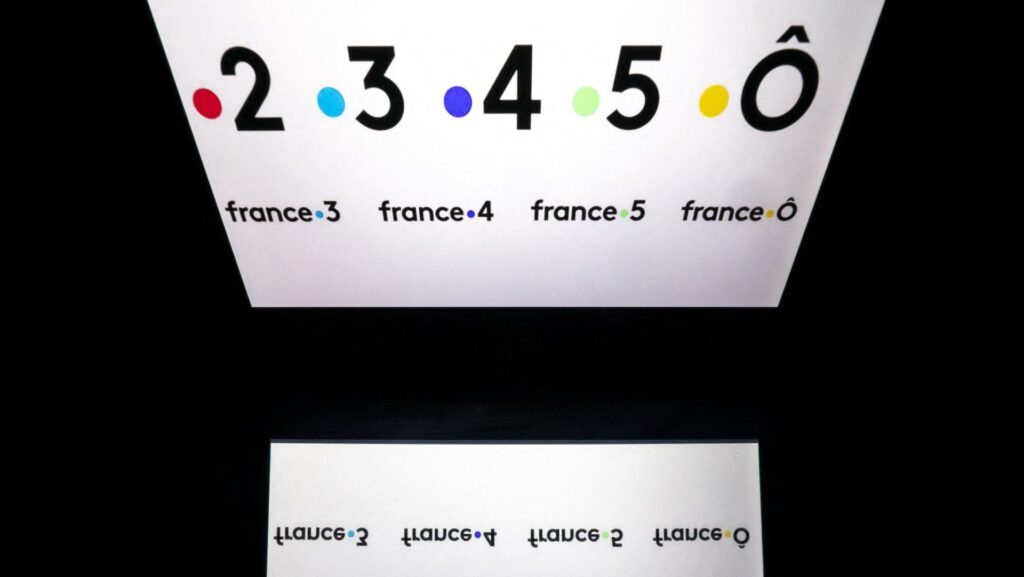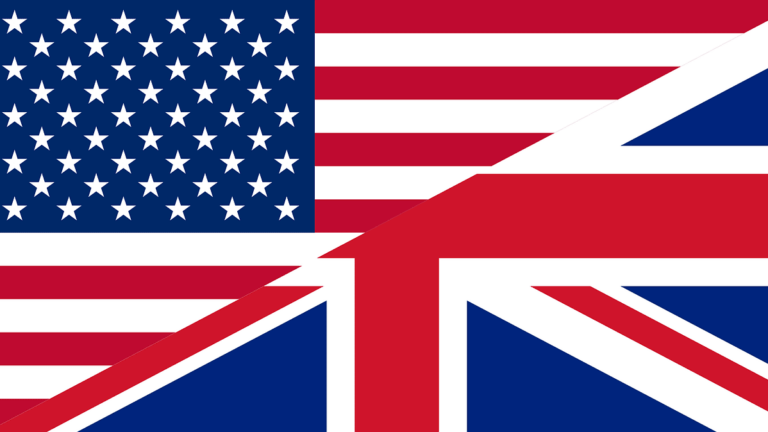For several months now, the French broadcasting industry has been abuzz with controversy over the real or supposed political involvement of the journalists and presenters who appear on TV and radio. The private channel CNews is in the firing line—judged to be too right-wing and thus subject to a parliamentary inquiry that could see it lose its broadcasting licence. The Thomas More Institute, a conservative think-tank, responded by publishing a well-documented report showing the overwhelming left-wing ideological bias in public broadcasting.
Last February, the NGO Reporters Without Borders lodged a complaint with the Council of State against the privately-owned channel CNews, accusing it of not complying with its obligations in terms of pluralism and independence of information, i.e., of leaning too far to the Right in its choice of journalists and guests. What followed was a gigantic cabal against the channel owned by Catholic billionaire Vincent Bolloré, even reaching the national assembly, where a parliamentary inquiry with Stalinist overtones was held to denounce the ideological bias of CNews.
In France, many right-wing personalities took up the cause of CNews. They denounced the double standard when it comes to ideological pluralism: the right-wing bias of a private channel is criticised, but no one dares to tackle head-on the left-wing monolithism of public broadcasting. The Thomas More Institute, a conservative think-tank that produces numerous reports and surveys, took a rigorous and methodical look at the issue, analysing the ideological affiliations of journalists and guests on public service television and radio in February 2024. The study covered radio stations gathered under the banner of Radio France, and television channels under the aegis of France Télévisions. The figures are indisputable. 25% of guests fall into the ‘socialist and progressive’ category. Only 4% are ‘liberals and conservatives’—an all-encompassing category which obviously implies that the proportion of genuine conservatives is even smaller.
The ideological bias can also be seen when it comes to the themes discussed on TV programmes. Ecology and multiculturalism—understood as an apology for diversity, which is viewed as an opportunity for the host country—dominate the debates. Right-wing politicians receive an unfavourable opinion almost two-thirds of the time. The radio station France Culture reserves just 1% of speaking time for right-wing speakers. On the main news radio station, France Inter, the Left enjoys an audience far greater than its electoral weight (+50%), while the radical right is considerably under-represented (-58%). The station’s director, Adèle Van Reeth, is fully aware of this position, having told Le Figaro in March: “We are a progressive radio station, and we accept it.” The problem is that, by doing so, she is deliberately violating the obligation of pluralism that is normally imposed on public service—without ever being called to order by her supervisory authority. Her militant comments are clearly in line with the viewpoint defended by Delphine Ernotte, president of France Télévisions, which oversees all the public television channels, and who stated in 2023 in a parliamentary hearing: “We don’t represent France as it is (…) but we try to represent France as we would like it to be.”
Digging a little deeper, the Thomas More Institute also highlights ideological biases on specific issues that are the subject of a legislative process. Currently under discussion in France is a draft reform aimed at introducing ‘assisted dying,’ i.e., euthanasia and assisted suicide. Of the personalities invited to speak on the subject in specialist programmes and on mainstream television news, 65% are in favour of the government’s bill—which leaves very little room for the expression of an alternative point of view on a subject whose very serious anthropological implications should nevertheless call for a little more restraint and caution.
Radio France, which oversees the various public service radio stations, denounced the report as an attempt at “destabilisation.” In a press release, Radio France criticises a “study with a highly questionable methodology, whose content and timing of publication are not neutral,” “a methodology based largely on interpretation” and “categorisations that can only crudely and imperfectly describe the diversity of French people’s political opinions.” Jean-Thomas Lesueur, chairman of the institute, readily acknowledges the subjective nature of political labels, but claims to have appealed for common sense when it comes to people’s allegiances. Some of the journalists and thinkers quoted in the survey do not take offence at the categories into which they have been placed.
The fact remains that this report is a breath of fresh air for the French media microcosm, which for too long has been used to operating in a vacuum and setting its own rules. The facts are in, and the figures are objective and implacable. The conclusions reached by the analysts at the Thomas More Institute are in line with the experience and feelings of millions of French people who, fed up with the one-way discourse of the public media, are turning en masse to other means of information.
Things are gradually starting to move. Recently, Arcom, the Regulatory Authority for Audiovisual and Digital Communication, intervened to criticise France Inter’s coverage of the Israeli-Palestinian conflict—the radio station having made a habit of relaying daily figures of victims in Gaza provided by Hamas. Arcom called on the station to treat the Israeli-Palestinian conflict “with the utmost rigour.” Could the impregnable citadel of the public media, locked in its left-wing certainties, be starting to wobble for the first time?





